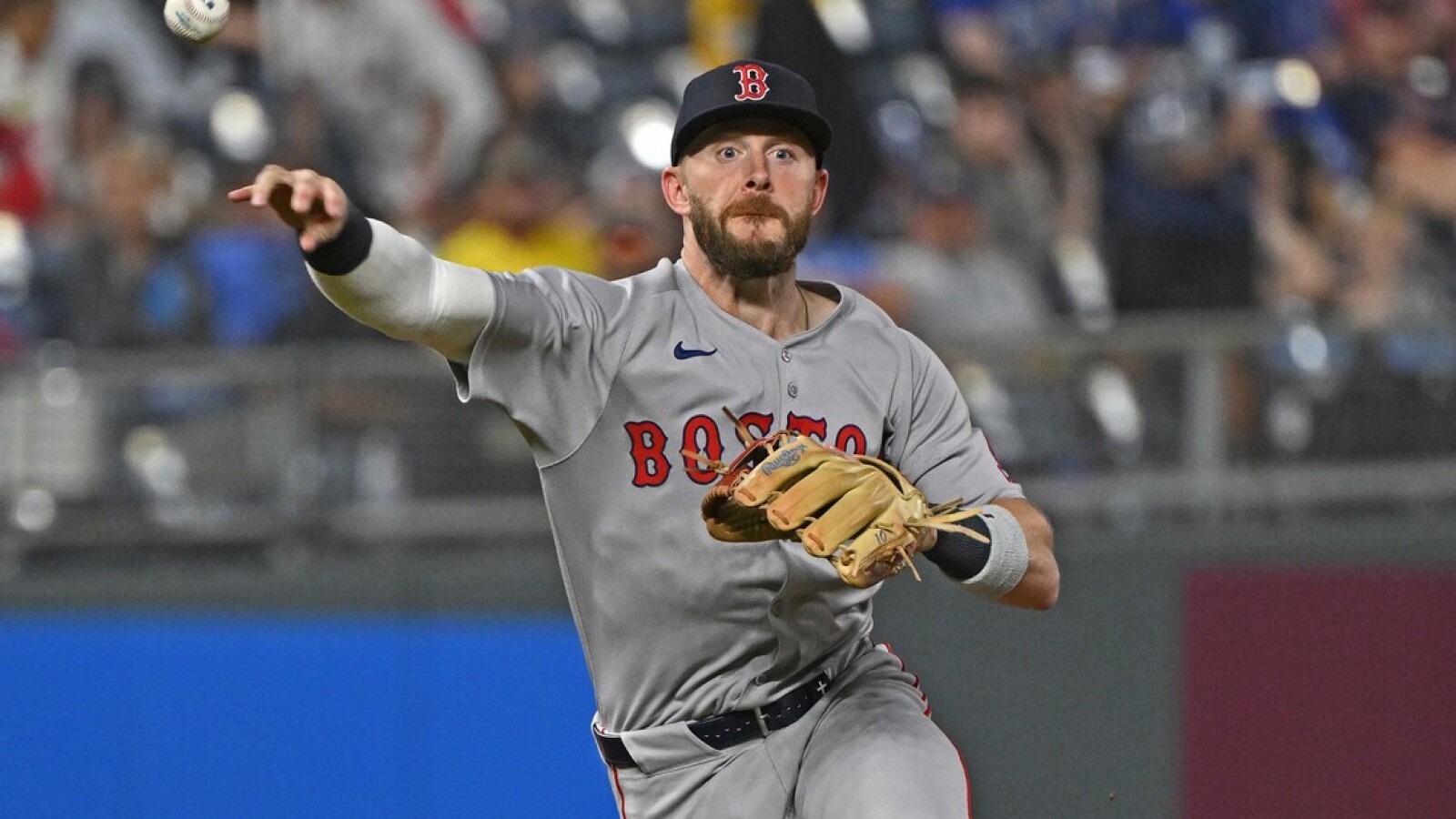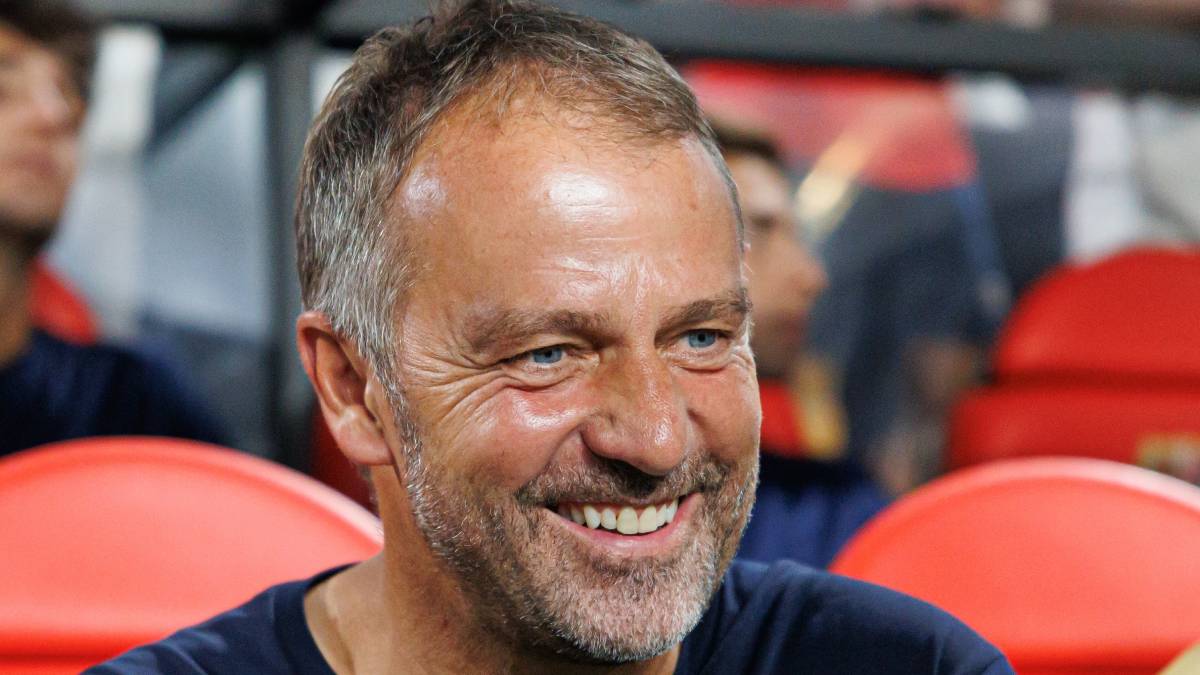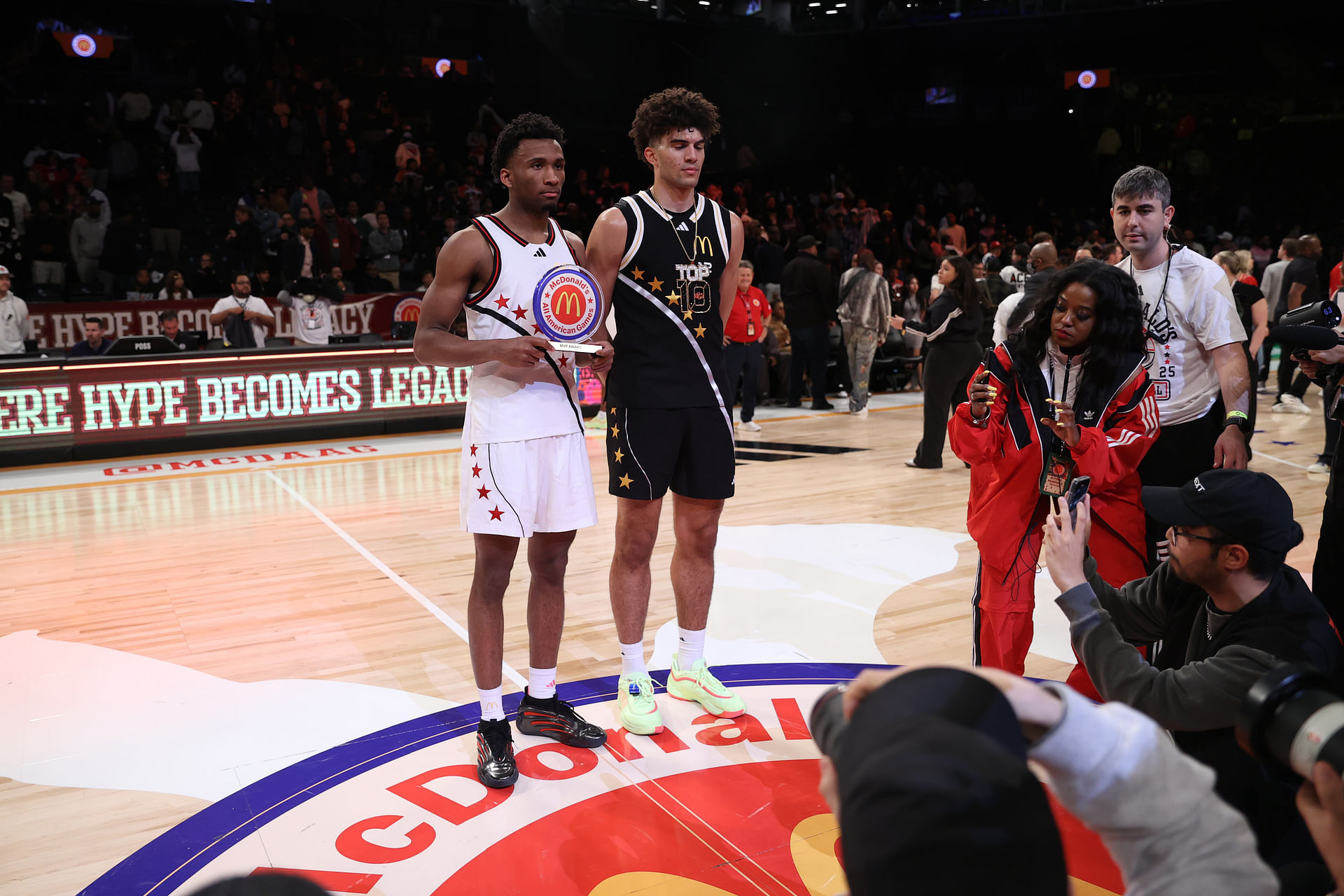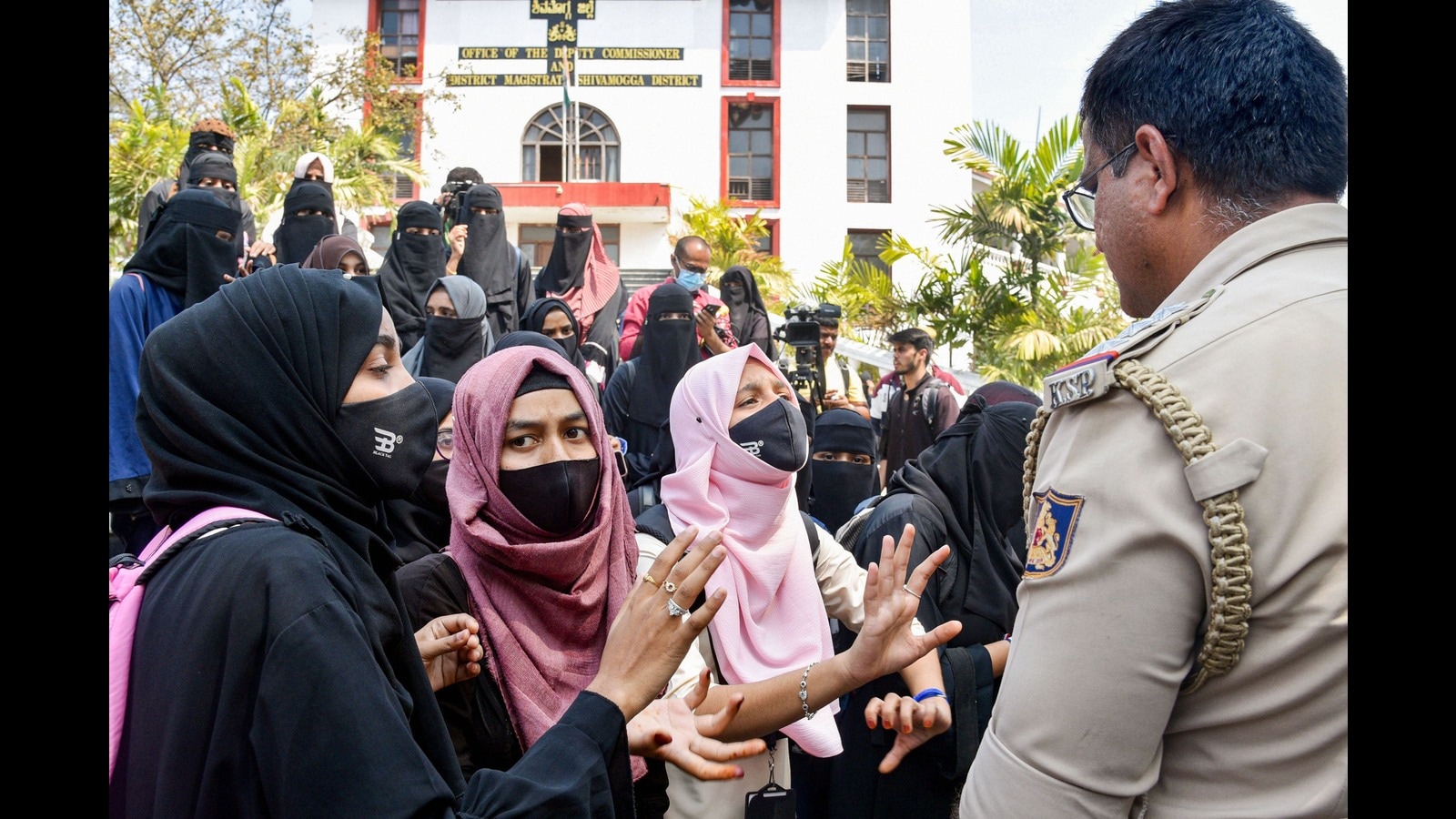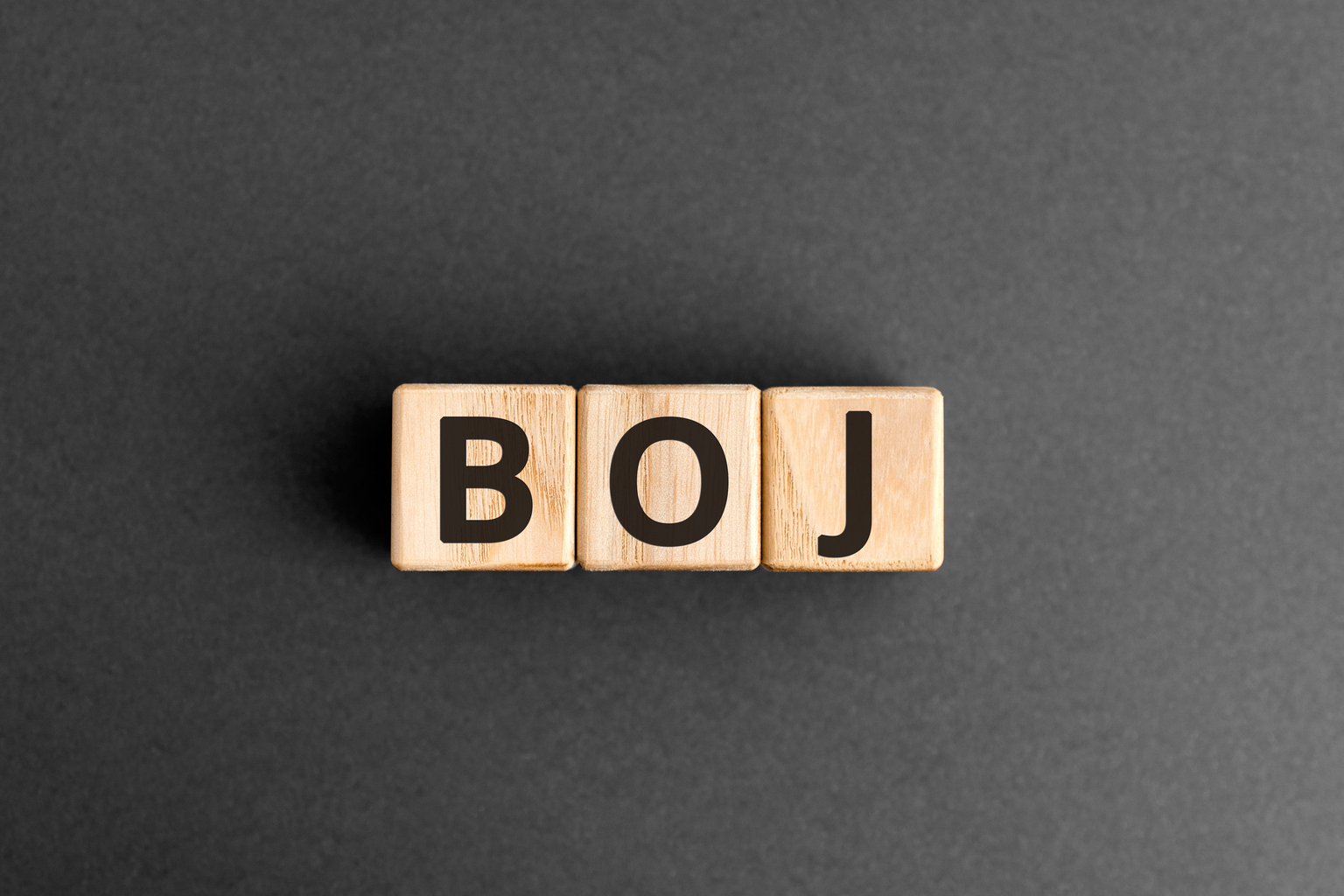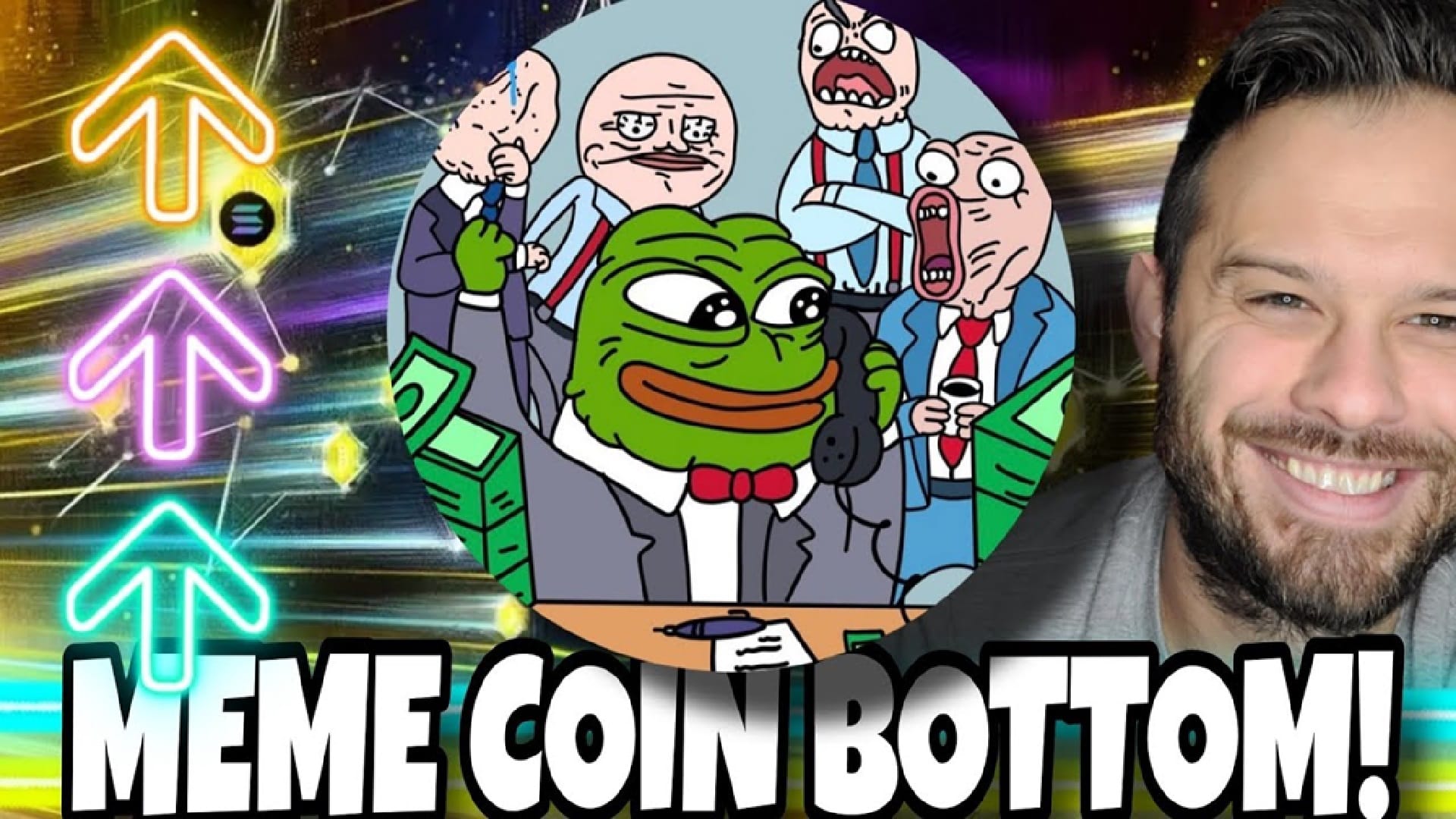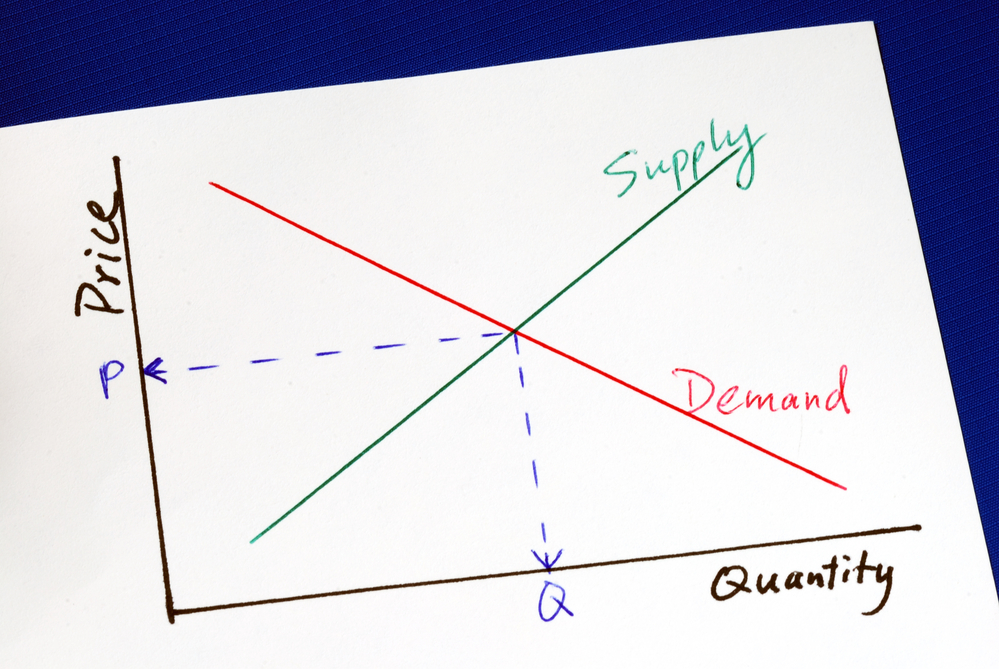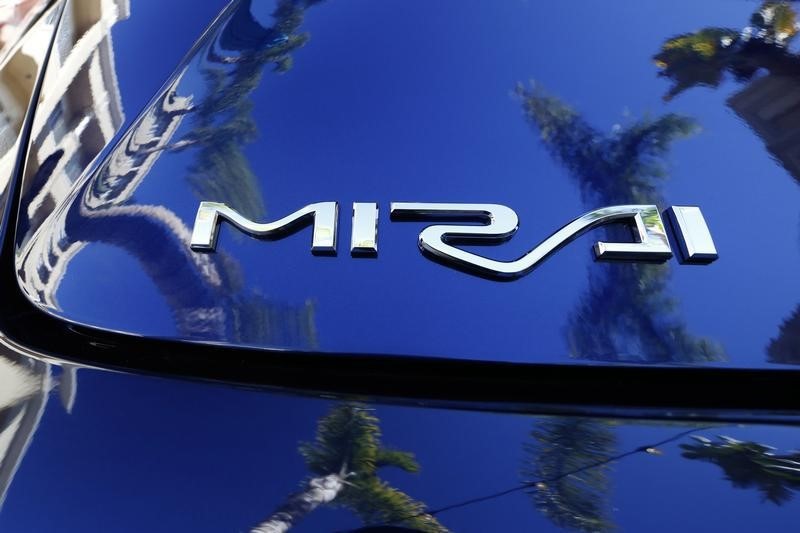Since entering the league, Jayson Tatum has been the leading active stakeholder in carrying Kobe Bryant’s influence into a new decade. In nature, the Green Mamba is a less aggressive, nontoxic breed, compared to the eponymous viper Kobe built his persona around, which is an apt description for the difference between his career arc and Tatum’s to date.
Tatum’s proximity to greatness has never been questioned. No active player devoted his energy to transforming into a carbon copy of Kobe Bryant. After spending his one-and-done season playing for Coach K at Duke, Tatum relied on the Black Mamba’s mentorship spending offseasons trying to complete his metamorphosis into a facsimile of Kobe and even wore a purple and gold Kobe 24 armband in Game 7 of the 2022 Conference Finals.
In seven seasons, Tatum has reached four Conference Finals, twice come within a game of the NBA Finals, and ran out of steam two games short of his first NBA title when he was only 24. However, crossing that finishing tape has always been the most difficult threshold for Boston’s Green Mamba to reach the same plane as Kobe Bryant. A week ago Tatum was ranked fourth in ESPN’s most recent MVP Straw Poll behind Joel Embiid, Nikola Jokic, and Giannis Antetokounmpo despite being the key to the league’s top regular season team since the season began.
When asked by Malika Andrews this week if he was the best player in the NBA, Tatum gave a different answer than a year ago when he named Giannis Antetokounmpo.
“I truly believe every night I step on the floor, I’m the best player,” Tatum replied with a newfound Kobe-like confidence.
Nikola Jokic erasure aside, Tatum’s belief in himself is a premature take that doesn’t correspond with reality. He’s never led the league in a major statistical category, won a Finals MVP, regular season MVP, or earned consideration for Defensive Player of the Year. That response also came in the wake of Brian Windhorst’s comments about Tatum’s MVP candidacy being hampered by his performance in the postseason two years ago where he set a record for turnovers and shot 36 percent from the field in his lone Finals appearance.
There’s an element of truth to that. Had he answered the call in those Finals, he’d be acknowledged as the Kobe heir-apparent crown the national media was eager to bestow upon Devin Booker a year earlier.
That was two years ago and it’s hard to believe Tatum is still only 25 considering the criticism he faced as one of the league’s preeminent young guards. But thus far in his career, he’s faced a significant obstacle in his campaign to distinguish himself in the MVP mosaic which boils down to a single question. Which aspect of the game has he carved out as his?
Does he launch from deep or fly off screens and relocate to create separation with the prowess of a Steph Curry? No.
Tatum doesn’t have the positional flexibility or bounce of a walking triple-double Russell Westbrook. James Harden was the most explosive scorer and playmaker the league has seen in a generation in his prime. Tatum doesn’t possess the size and ferocity of Embiid driving the lane or when he flashes his suffocating help defense.
Can he score inside and bait defenders into fouling him with the craftiness of reigning MVP Joel Embiid? When healthy the reigning MVP was registering nearly twice as many trips to the charity stripe as Tatum.
Jokic is an offensive virtuoso from the elbow and in the post whether he’s slipping passes into tight crevices or getting buckets on his own. The argument for best player in the NBA begins and ends with the reigning MVP and the only player with a higher career playoff Player Efficiency Rating than Michael Jordan.
Even Shai Gilgeous-Alexander is one of the most efficient scorers the league has seen at the guard position this side of Curry despite only being a league-average shooter behind the arc.
Luka Doncic is a more exaggerated version of Tatum as a modern heliocentric jumbo guard. Kevin Durant’s midrange mastery has made him a bucket anywhere on the floor.
Early in Tatum’s career, he was discouraged from making the midrange his domain. When he returned to the Celtics for his sophomore season attempting an excessive volume of long twos after an offseason spent training with Kobe, he was conditioned to abandon his midrange and back-to-the-basket game. Since then, Tatum has been a jack of all trades and a master of none. Tatum also isn’t as uniquely skilled as prime Larry Bird or Bill Russell. Tatum is gifted at so many aspects of the game that he’s finding it tougher to break through the noise.
The best MVP case that could be made for a player with Tatum’s statistical profile is that he’s the straw that stirs the drink for the league’s wire-to-wire frontrunner. Tatum’s consistency is applaudable, but his peak performances have rarely reached the spectacular altitudes as his peers. In a record-setting offensive year, the aforementioned Doncic leads the league with 10 games of 40-plus points scored this season. Tatum has tallied only three, the same amount as Cam Thomas, Mikal Bridges, and Tyrese Maxey.
Playing within the offense while surrounded by the league’s most well-calibrating supporting cast has blunted his MVP candidacy. He’s surrounded by a quartet of defensive boa constrictors who have played their roles to perfection on the offensive end.
Like Tatum, this Celtics squad as a whole has struggled to gain a footing in the basketball zeitgeist. They’re averaging the third-most made triples in league history without having a single individual shooter ranking in the top 15. Brown is a nice complementary scorer, but how they mesh has become the center of conversations. He’s become more known for being the highest-paid player in NBA history. Before that, he was perennially loitering on the trade block due to the perception that he was an unflattering fit alongside Tatum than dynamic duos from Philly, either L.A. franchise, Oklahoma City, Dallas, or the Nuggets.
These Celtics lead the league in net rating, but lack panache and an identity. The heart and soul of the Celtics pumped through Marcus Smart, and Robert Williams was a homegrown product who spearheaded the league’s best defense. A year later, they were the league’s most efficient offense. Replacing that pair with upgrades like Porzingis and Jrue Holiday has given this temp roster the feel of something built by a division of a McKinsey consulting firm.
They’re not as brash as the last Celtics to bring a title to Beantown or as much of an electric shock to the system as KG, Truth, and Ray Allen flying out the gates and joining forces during the summer of 2007. Boston has been on the brink of winning one with this iteration since the 2017 Conference Finals. Fair or not, those factors have hindered him from gaining ground in MVP of “face of the league” discussions.
Past MVPs have typically been given the benefit of the doubt by MVP voters before they are humbled in the postseason. That likely won’t be the case for Tatum who has already been to the brink of a title several times in his young career.
Branding himself as Baby Kobe cosplay in Celtic Green hasn’t been enough. Without a ring, he’s stuck staring at Kobe’s legacy from the mezzanine. Tatum needs one more jump to approach those heights. There’s only one thing he can do to flip that narrative. Come playoff time, he’ll have to beat the best to be the best.
Find DJ Dunson on X…or don’t: @cerebralsportex


